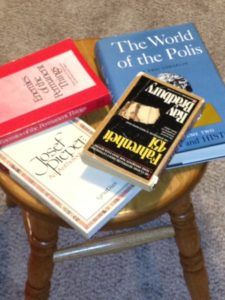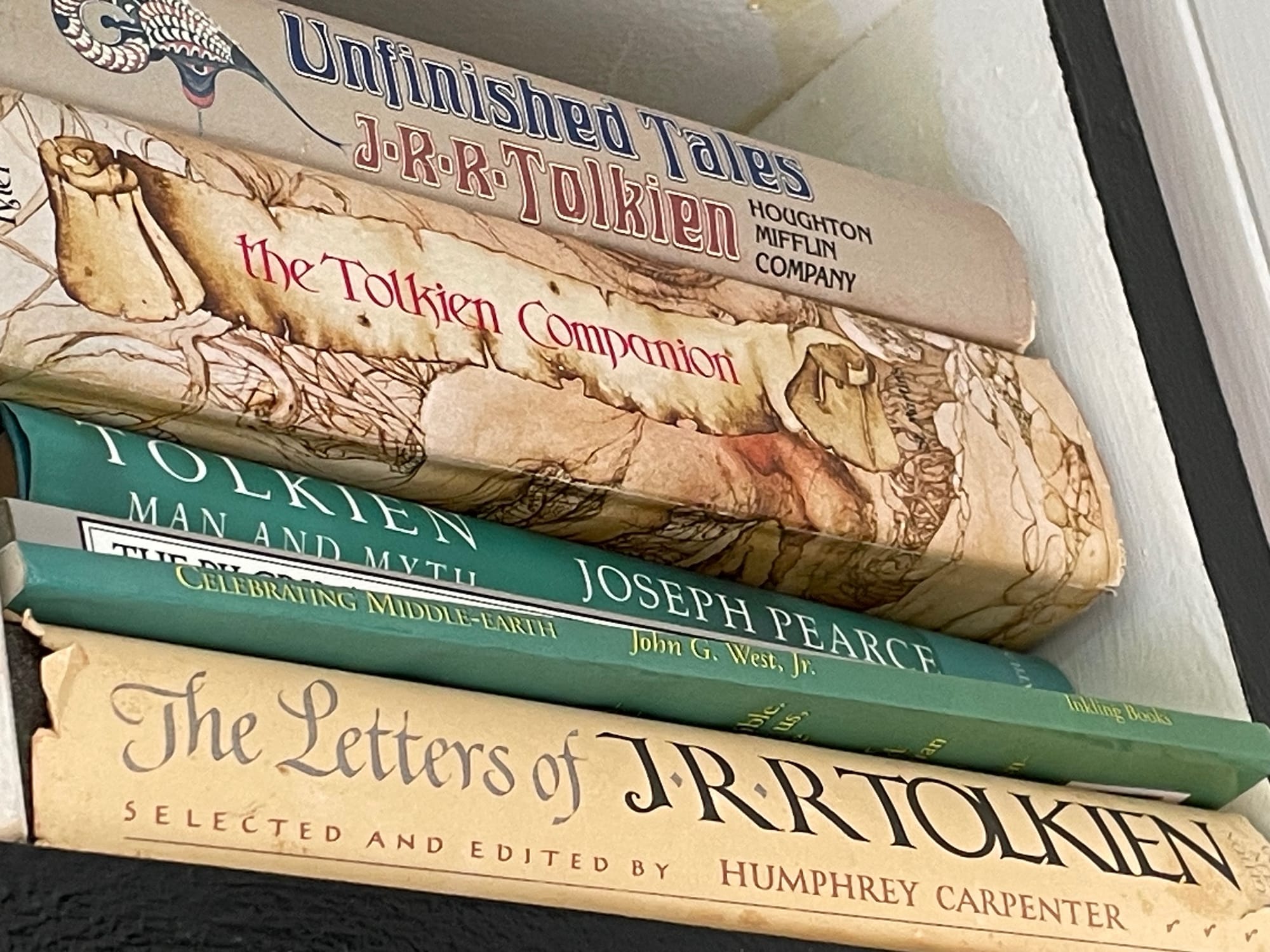
Mini-Review
Introduction: If you find these reviews bizarre yet orthodox, I have accomplished my goal. If you find them entertaining yet profound, I am humbled. If they brings you a little closer to classic works of the twentieth century, I am gratified. If you forward the review to friends with a kind word, I'm flattered. If you catch a whiff (but only a whiff) of Sound-and-the-Fury stream of consciousness, you're smart. If you have troubles squaring the choice quotes at the beginning with the subsequent rambler, you're trying to square a circle. If some of the ramblings seem disjointed, they are. Are these reviews more artistic than substantive? Most certainly. Might you find them frustrating at times? Sure. If you don't, I didn't meet my goal.
Mystics and Zen Masters by Thomas Merton (1961).
Choice quote: "The authentic person is not born in stoic isolation but in the openness and dialogue of love."
Merton the monk. Probably the most famous monk of the past 500 years, unless you count Luther. Merton is arguably more controversial than Luther. Luther was bigger, sure, but he was proudly heterodox. Merton? Not. The convert never left the Church, instead staying within its walls, adhering with (albeit flawed) obedience to his order's rules. He sought a sort of reform within the Church, though. He seemed to be seeking authenticity, both in the the institution and its members. I've never been able to figure out whether he thought it should be a top-down thing or a roots things: The Church becoming authentic, with the results flowing down to the people, or the congregants becoming authentic, with the results flowing up to the institution. A book like Mystics speaks to the roots: individual readers who might find a greater level of authenticity through English and Russian mystics, Confucius, Zen, or the Tao. The Tao might be called "The Religion of the Authentic." It's a laughing form of thought, and few things are more authentic than laughter. At least, "true" laughter. Few things are more inauthentic than the "ha ha" that some men seem to boom without discrimination, especially if they're trying to impress somebody. Such laughter isn't rooted in enjoyment of the other and therefore it's not rooted in joy and therefore it's not authentic. At the root of all authenticity, lies joy. Merton may have been confused at times, but joy runs through his works. And to the extent it does, he was an authentic monk.









